Communities in action take lead on marine conservation
This post is greater than 6 months old - links may be broken or out of date. Proceed with caution!
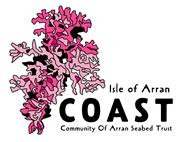
By Jenny Crockett, Outreach and Communications Manager
Recognised as a global pioneer in community-led marine conservation, the Community of Arran Seabed Trust (COAST) has a track-record of success when it comes to protecting our blue spaces.
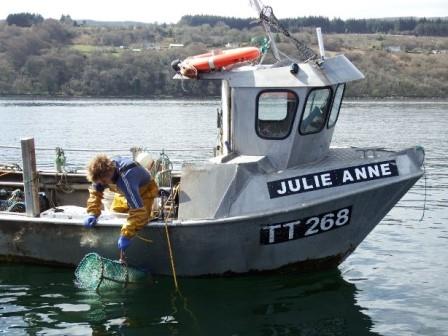
The Need
COAST was established in 1995 by two local scuba divers; Howard Wood and Don MacNeish. Having dived the waters around the Isle of Arran within the Firth of Clyde for many years, they witnessed first-hand the catastrophic collapses of the Clyde sea fisheries, damage to seabed habitats and the loss of marine life caused by unsustainable fishing. These ecosystem-wide impacts in the Clyde occurred because of the failure of fisheries management to address overfishing, and the opening up of all coastal waters to bottom-towed fishing gear in 1984, when the 3-mile inshore fisheries limit was repealed.
Howard and Don witnessed the decline and destruction in their local waters with dismay; it wasn’t until Don returned from a trip to New Zealand in the late 1980’s that the two friends began to have even a glimmer of hope to recover what was lost. At this time, New Zealand were pioneering No Take Zones (NTZ) – areas where all fishing is banned – and Howard and Don began to study the positive and negative approaches to community established marine reserves. Determined to protect the rich fishing heritage around Arran for future generations, they founded COAST in 1995 and set about getting the local community on board to campaign for a NTZ in Arran’s waters.
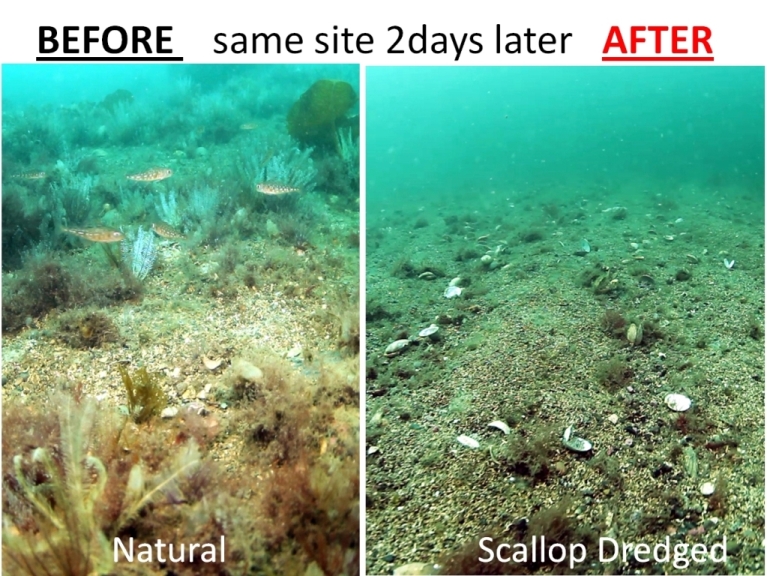
The sustained efforts of the community over many years resulted in the establishment of the Lamlash Bay NTZ in 2008 and, following this, the designation (2014) and subsequent legal protection from mobile bottom fishing (2016) of a larger area known as the South Arran Marine Protected Area (MPA). The MPA (280km2) encompasses the NTZ and was created to protect sensitive marine features through the exclusion of scallop dredging and prawn trawling, whilst promoting low-impact fishing methods, such as creeling and hand-diving.
Benefitting the community
Collaborative research is showing how proper protection of seabed habitats from bottom-towed fishing gear supports the recovery of marine biodiversity, ecosystem function and populations of commercially important species. In the NTZ and MPA, there has been a significant recovery witnessed in commercially important stocks, and there is strong evidence of increased habitat complexity within the NTZ(1).
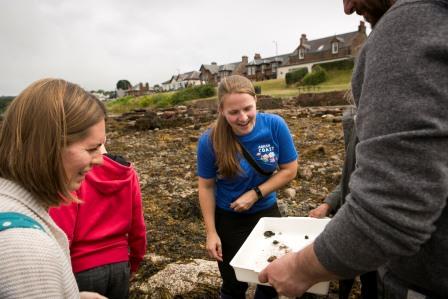
The creation of the NTZ and MPA in Arran’s seas are known to have improved biodiversity which has generated vast media interest and stimulated scientific research, as well as improving fisheries for creelers and hand-divers whilst attracting scuba divers and other marine-based tourism. All of this is viewed locally as having stimulated the local economy, adding value to the promotion of Arran as an eco-aware destination where islanders and visitors care about and act to protect their environment.
As a result of increased interest in the unique community-led story to protect the waters around Arran, COAST opened a visitor centre – the COAST Discovery Centre – in 2018 to engage more locals and visitors in marine activities and learning. Education is vital to inspire people to protect what they cannot see, and the Discovery Centre provides a space where people can come to find out about the COAST story, learn how to become active marine conservationists themselves, and also engage with creatures from Arran’s waters with our marine life tanks and underwater videos.
Inspiring others
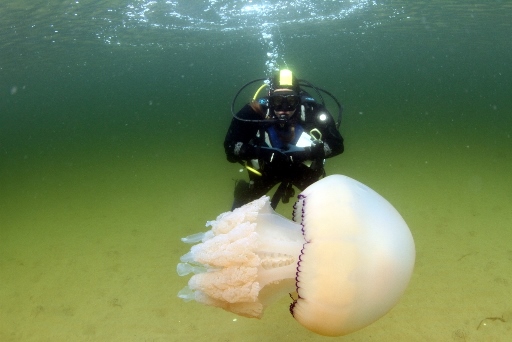
Ultimately, it is local communities who have the power to demand and effect change, and that’s why COAST worked with Fauna and Flora International to establish the Coastal Communities Network, which now has 18 like-minded community groups working together to build community capacity for marine conservation across Scotland’s coast. Local communities organising themselves in this way, and demanding a real voice in the management of what is legally a public asset and resource, is crucial to get politicians to regulate our marine environment effectively. COAST stand with the Our Seas coalition on this, collectively holding the Scottish government to account as we demand binding marine legislation that delivers real change.
COAST believe that the recovery in the Lamlash Bay NTZ and South Arran MPA provides a blueprint that could be replicated in seas elsewhere. There is a social and economic case for the sustainable spatial management of Scotland’s inshore waters, as marine tourism accounts for 14% of all tourism in Scotland, contributing to at least 4% of Scotland’s economy (2) – this is equivalent to the contribution made from fisheries and aquaculture combined. Our inshore waters provide a solution to both climate change and biodiversity loss but we need to conserve what we still have and help recover what was once there; our marine environment must be cared for as a whole if it is to thrive and support local livelihoods.

Communities have a vital role in taking action; we have proof of concept here in Lamlash and around Arran but what we don’t have is the political will and leadership to move forward with effective MPAs and effective inshore fisheries management. But just like the NTZ, COAST will continue to drive this forward through people power and communities working together.
What can you do?
If you would like to support the COAST cause, please do consider donating to them via their website. You could also visit them in person at the Discovery Centre
in Lamlash, join in on one of their infamous shore scrambles or learn how to snorkel safely at one of their snorkel taster sessions!
To find out more about the work of COAST, follow them on their social channels for day-to-day updates, cool creature facts and wonderful underwater imagery. For quarterly updates, you can also sign up to their newsletter.
References
(1) Marine conservation Begins at Home: How a Local Community and Protection of a Small Bay Sent Waves of Change Around the UK and Beyond.
(2) Scottish Marine Assessment 2020: https://marine.gov.scot/sma/assessment/marine-tourism
More from Community of Arran Seabed Trust (COAST)